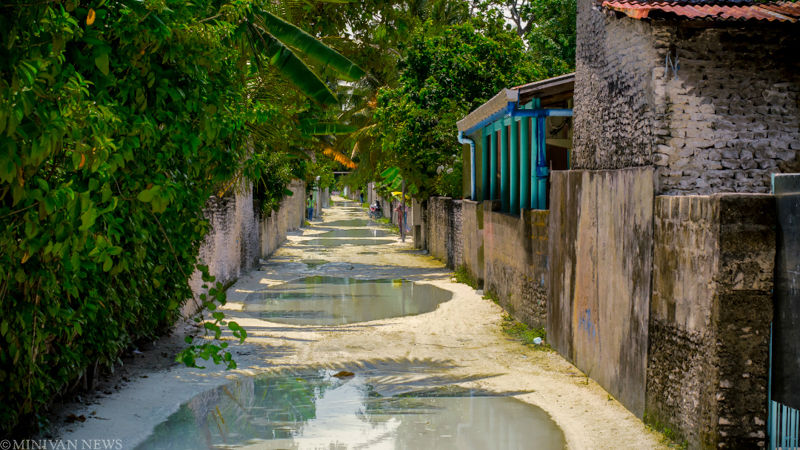The things we do
“I am not pessimistic by nature, but I fear for the future of my homeland. Paradise is rarely regained in the political arena. The very nature of politics makes it so,” writes Latheefa Verall.

15 Mar 2017, 09:00
One of the most positive aspects of my Islamic upbringing in the Maldives was that I did not have to learn about the concept of Original Sin. From subsequent reading and exploring the fundamental parameters of the religion at more depth, I still continue to believe that evil and sin are portrayed as transient conditions in Islam. It is temporary and as such, it is more about what people do rather than what they are.
I hold to this view, despite a Western education focusing on History and English Literature. One cannot be a serious student of English Literature without giving a great deal of thought to the opposing forces of good and evil. Having grown up in a fairly moral household in the Maldives, and with a literature background, I am inclined to explore the nature of good and evil and how it is reflected in the things people do.
I believe evil is what people do with a total disregard for the less fortunate. It is the cult of personality, tyranny and the insatiable greed of the privileged. Experience and some knowledge of history have reinforced my thinking that this is behind much of human suffering. But this is nothing new to us in the Maldives. As Americans wake up to the horrors of their Orwellian state, we the Maldivians can claim that this is what we already know and have known for a lifetime.
Much of the recent history of the Maldives teaches us that governance is all about the survival of the fittest; the championing of the few in society who can prey guiltlessly on the weak and the rights of the powerful elite disinterested in what is good for others. It is my experience that the narcissistic one percent of our population has constantly manipulated politics and society for personal gain. For us, the Maldivians, art imitates life; Animal Farm, one of Orwell’s two most well-known works depicting life in the Totalitarian state, is our daily experience and Napoleon, its well-known protagonist, is not simply a fictitious character.
Become a member
Get full access to our archive and personalise your experience.
Already a member?
Discussion
No comments yet. Be the first to share your thoughts!
No comments yet. Be the first to join the conversation!
Join the Conversation
Sign in to share your thoughts under an alias and take part in the discussion. Independent journalism thrives on open, respectful debate — your voice matters.




